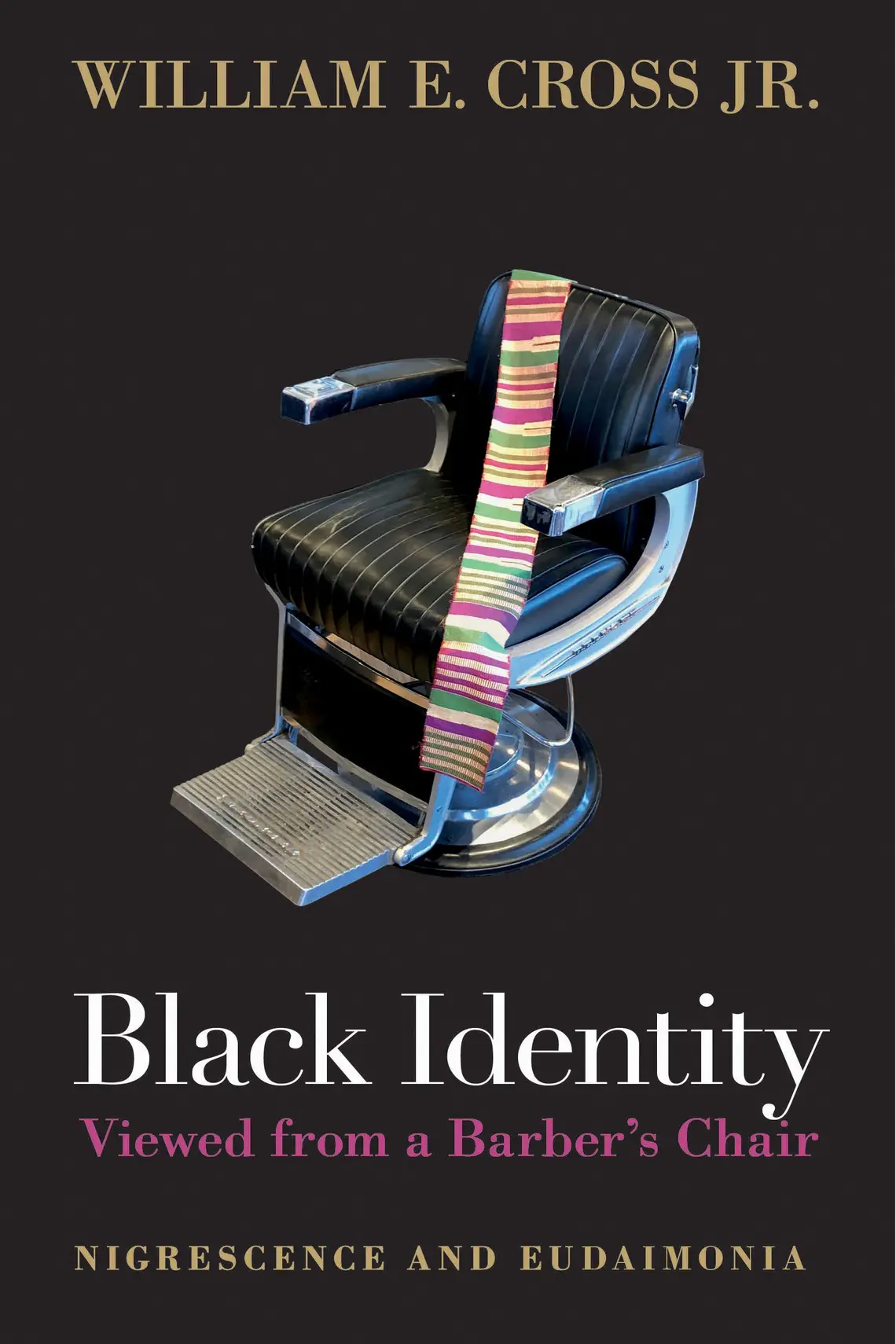
Black Identity Viewed from a Barber's Chair: Nigrescence and Eudaimonia
In Black Identity Viewed from a Barber's Chair, Cross contrasts the self-hatred in societal representations of Black identity with the humanity of real Black people. He concludes that in the years after emancipation, former enslaved people were able to reveal their previously hidden inner lives and gain psychological, political, and cultural independence.

Paw in print
Image

The Latest Issue
February 2026
Lives Lived & Lost in 2025, Saying ’yes’ to more housing; AI startup stars

